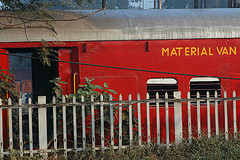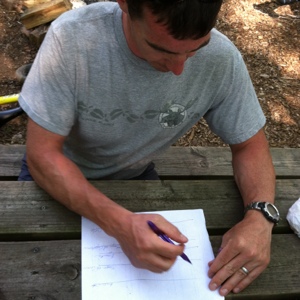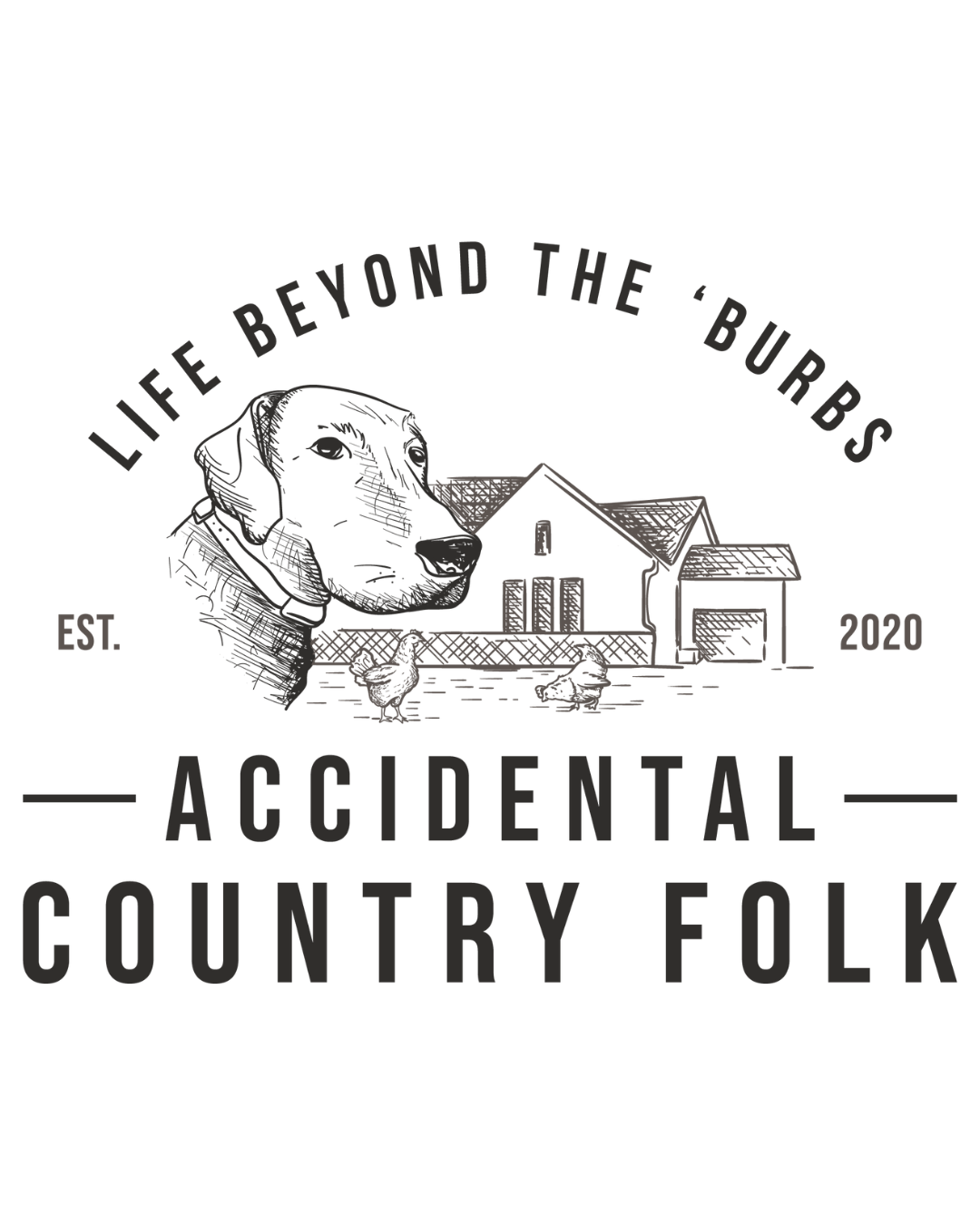The Core: Geography
 Do you know where Bihar, India is on a map?
Do you know where Bihar, India is on a map?
I do.
But only because I drank chai and ate tomato soup on a train that rolled through Bihar. Across this flat land I saw signs warning me that as a Christian I was not welcome.
Talk about placing a peg in my memory that links the location of the 28 states comprising India.
So when Leigh Bortins, author of our book discussion mentioned that she wrote the geography chapter from Bihar, I had a peg with which to envision Leigh writing about geography at a chai walla’s stall, a midst the honking horns, calls to prayer, revving engines, and anxious shopkeepers.
But I Can’t Travel Around the World
Neither can I. I am not telling you that in order to be classically educated you have to be well traveled.
I am declaring that being able to visualize where you are in relation to past, present, and (well) future events is important. Land masses haven’t changed too much, but laws, boundaries, and people have changed . . . and when they do change it could affect you — if you know where you are in relation to the world.
The Challenge — Your Challenge
As your children learn where God placed land masses, join them.
This simple skill will transform your ability to read, think, and participate as a global citizen. ( Bortins 157)
I want my children to feel at home anywhere they are. (Bortins 157) When we are reading a story, I want them to grasp the context, envision the setting, potentially picture the climate, and even place a mental peg on that country, city, or town. If a missionary has a prayer request, I earnestly desire them to pray for that country and people group.
But if you don’t know where things are, it is hard to be passionate or compassionate.
Your Smartphone Isn’t always Smart
Your phone, your Internet can’t always save you. Batteries die and cell phone coverage isn’t always available (as I have first hand discovered this week). Google Maps and Mapquest will only frustrate you during The Amazing Race.
Drawing a Map is Easy
The Core offers an easy way to begin your steadily more detailed geographical understanding.
Maps start out as blobs. Seven not-so-perfect circles.

The blobs gradually become more detailed.
Mapping isn’t an activity you only do once. You repeat the process of learning your geography until you can draw the world freehand.
Classical Conversations has a cool tablet where you place tracing paper on top of as you outline the geography. This tablet will be used as our plumb line as we learn our geography this coming school year.

And with that . . . I have to go. I really have more to say, but our laundry is done and vacation must commence.
I will revisit this geography again!
Guest post next Wednesday from Mary of Homegrown Learners.
